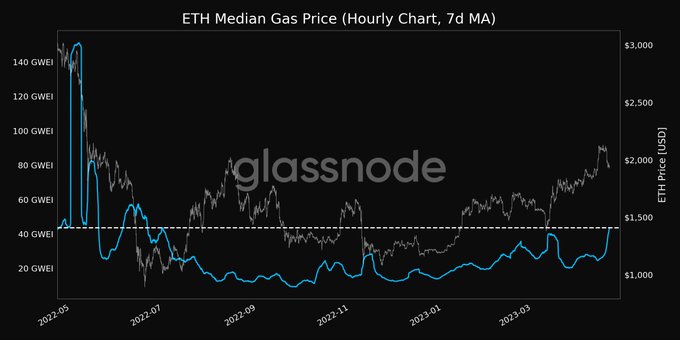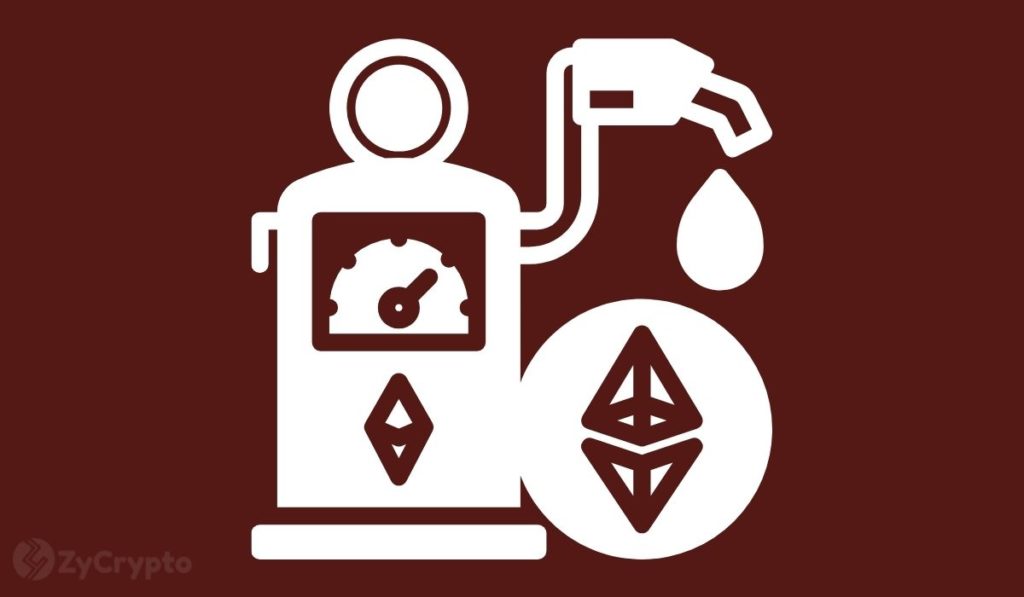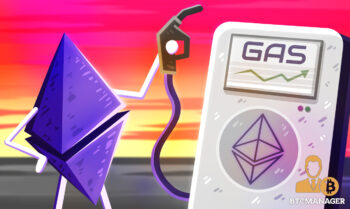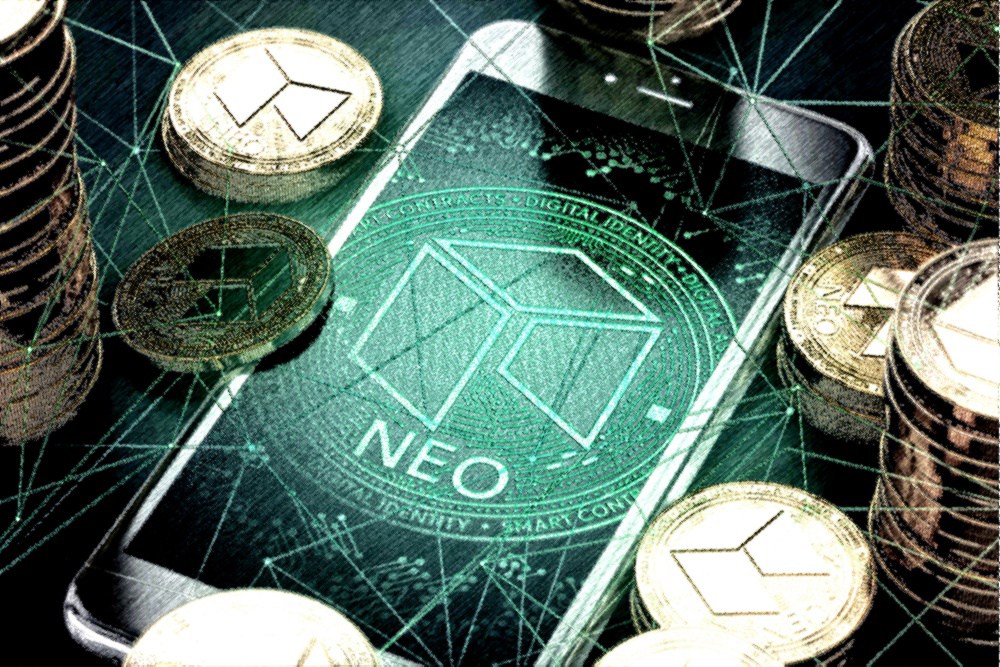
2024-7-30 17:45 |
The Ethereum ecosystem is experiencing a historic drop in gas fees, which is impacting both mainnet and Layer 2 transactions.
According to Etherscan Gas Tracker, the average gas fee on the mainnet stands at 4 Gwei at press time, approximately $0.21. However, transactions can be processed for as low as 3 Gwei, or around $0.14.
This decline extends to the blockchain network’s Layer 2 solutions— including Optimism, Base, Arbitrum, and Linea— whose fees are below $0.01 per Gasfees.io data.
Market observers said the fee decline is mainly due to the increased use of Layer 2 scaling solutions and the adoption of blob transactions introduced with the Dencun hard fork in March—the upgrade has contributed to lower transaction costs on Layer 2 networks and has significantly impacted the network.
Effect of ETH gas fees dropAs a result of the lower fees, less ETH is being burned, making the network inflationary.
In the past 24 hours, less than 200 ETH were burned, leading to Ethereum’s supply becoming inflationary with a growth rate of 0.67%, according to data from ultrasound.money. Over 60,000 ETH was added to the network in the last 30 days.
OKX Ventures noted that this continues a trend observed in the second quarter when a 66.7% drop in the burn rate affected ETH’s supply-demand balance. The firm added:
“As network activity slows and burns decrease, managing Ethereum’s supply and inflation will be crucial.”
Ethereum ETFsMeanwhile, analysts have pointed out that the recent launch of Ethereum exchange-traded funds (ETFs) adds further complexity to the Ethereum ecosystem.
Last week, the SEC approved eight new spot Ethereum ETFs, including the conversion of Grayscale’s ETHE fund, for trading on US exchanges.
These products saw inflows exceeding $1 billion during their first four days of trading, although this was offset by a roughly $1.5 billion outflow from Grayscale’s ETHE.
However, crypto analyst Koffi believes these trends show the network is in a “good place.” He wrote:
“The Ethereum ecosystem is affordable for end users + There’s new capital flowing into the system. I think we’re in a good place.”
The post Ethereum supply turns inflationary as gas fees drop to record lows appeared first on CryptoSlate.
origin »Gas (GAS) на Currencies.ru
|
|















